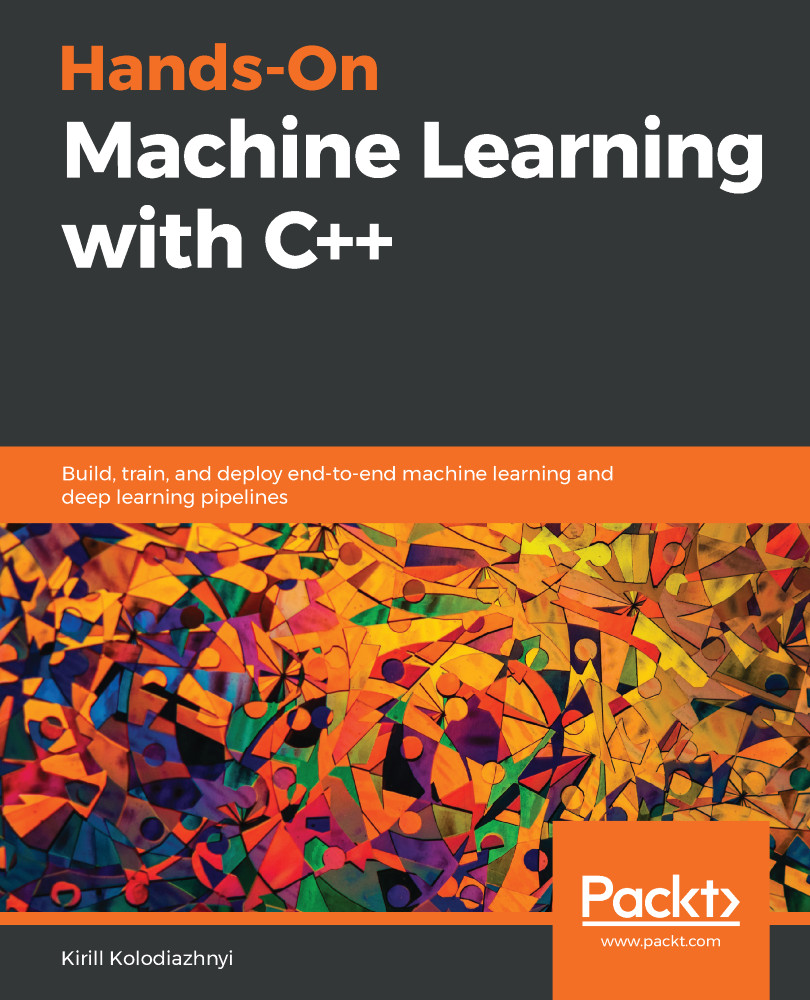Machine learning (ML) is a popular approach to solve different kinds of problems. ML allows you to deal with various tasks without knowing a direct algorithm to solve them. The key feature of ML algorithms is their ability to learn solutions by using a set of training samples, or even without them. Nowadays, ML is a widespread approach used in various areas of industry. Examples of areas where ML outperforms classical direct algorithms include computer vision, natural language processing, and recommender systems.
This book is a handy guide to help you learn the fundamentals of ML, showing you how to use C++ libraries to get the most out of data. C++ can make your ML models run faster and more efficiently compared to other approaches that use interpreted languages, such as Python. Also, C++ allows you to significantly reduce the negative performance impact of data conversion between different languages used in the ML model because you have direct access to core algorithms and raw data.











































































